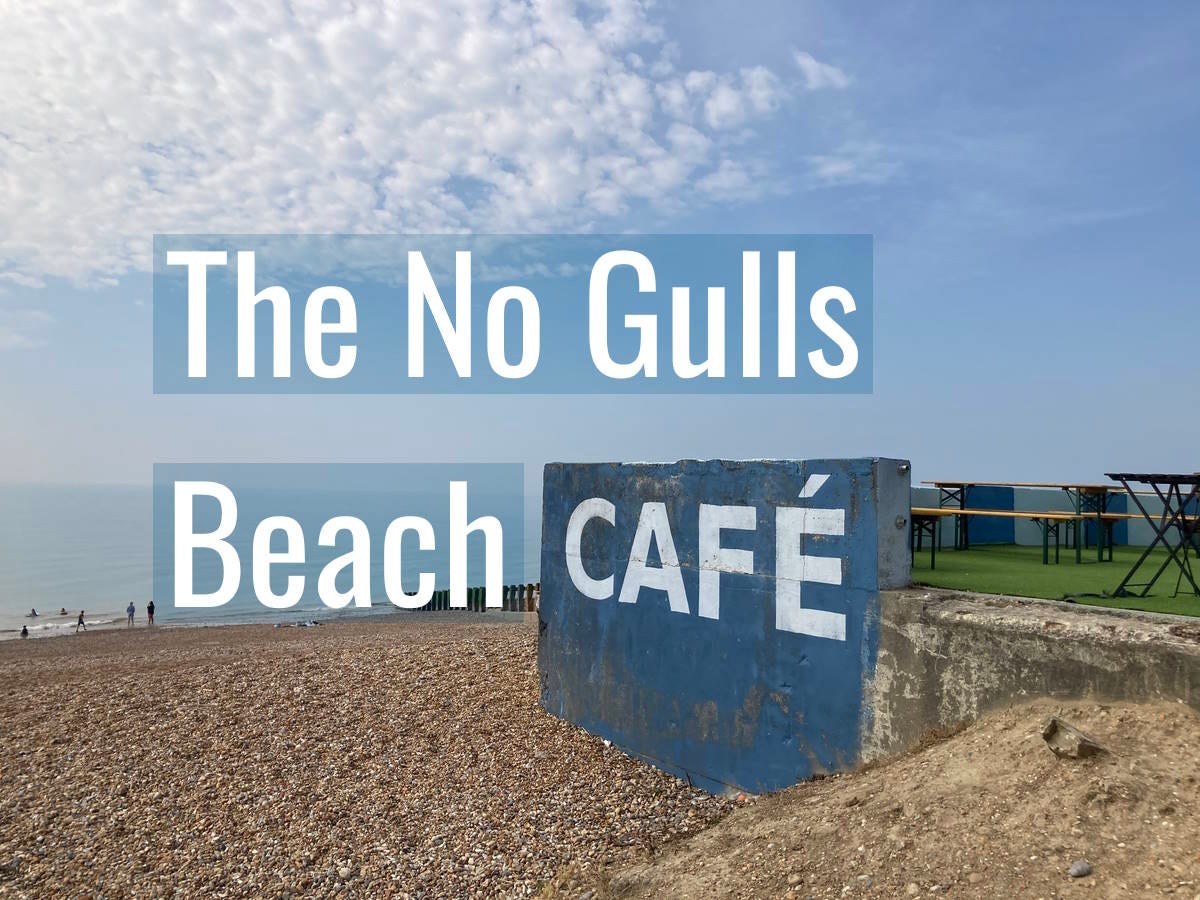‘Where seagulls don’t land anymore’: Are British seaside resorts trending again?
A "Good Tourism" Insight by David Jarratt

Many British seaside resorts are making a comeback after decades of sniffy criticism led by the media, and despite a persistent narrative of decay and decline.
David Jarratt shares this “Good Tourism” Insight; the second in a series initiated by Tourism’s Horizon, a “GT” Insight Partner.
[You too can write a “GT” Insight.]
Traditional British seaside resorts are often described in terms of their slow decline since the advent of cheap package holidays to the Mediterranean in the 1960s.
Whilst there is some truth to this, the story is not that simple.
For many in Britain, especially working-class families, it wasn’t until the early 1980s that trips to the Med would become affordable and commonplace.
Furthermore, burgeoning competition for tourists’ interest included rural destinations easily reached by car.
Don’t miss other “GT” Insights (or “GT” news posts)
about destinations and places in Europe
Holiday habits certainly changed quickly, yet British seaside resorts still attracted large numbers of visitors. For instance, Blackpool’s popularity remained largely unchecked until the 1980s.
By the 1980s and 1990s, however, most traditional seaside resorts had started to struggle; losing many attractions and guest houses.
Losses were particularly acute for medium-sized resorts that were neither small enough to be exclusive nor big enough to sustain major attractions.
‘Costa Geriatrica’
Morecambe in Lancashire, for example, expanded rapidly through the 20th century until it saw a rapid decline in tourism numbers and infrastructure as early as the 1970s.
The causes of decline were not always global or national but could be local. For Morecambe, these included a lack of investment in accommodation, over-reliance on one geographical market, and more competitive resorts nearby.
Morecambe was dubbed the Costa Geriatrica due to its association with the elderly.
Don’t miss other “GT” content tagged with
“Coastal and marine tourism”
TV comedian Colin Crompton joked that in Morecambe they don’t bury their dead but prop them up in bus shelters. It was a place where seagulls don’t land anymore.
In The Kingdom by The Sea (1983) American writer Paul Theroux failed to see how … continue reading this “GT” Insight in full at The “Good Tourism” Blog.



